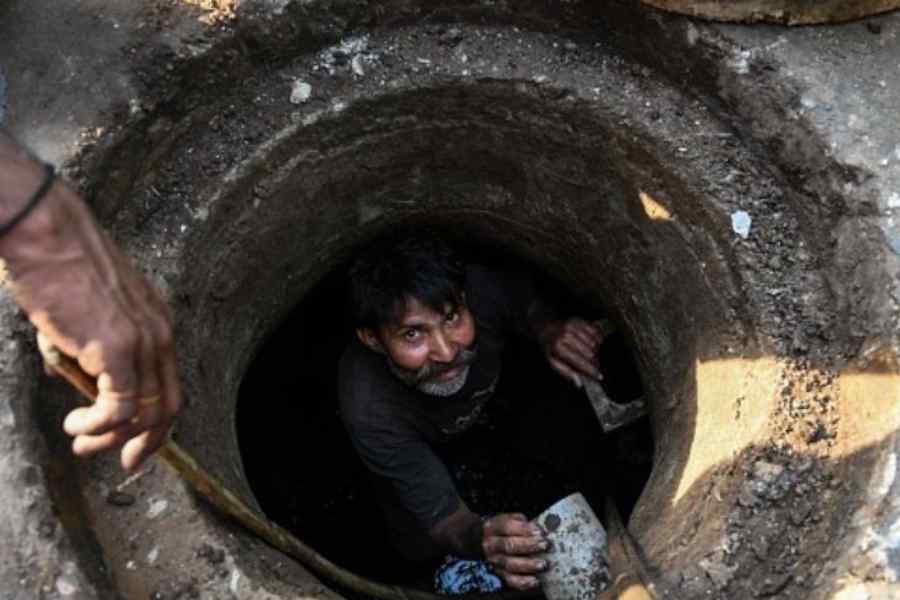India’s ruling regime’s proclivity for making tall claims is well-known. That these proclamations are seldom backed by objective data or rigorous scrutiny has, however, been a constant source of concern. The Union social justice and empowerment ministry claimed recently that India has eradicated manual scavenging. The announcement was made despite the ministry noting that only 520 districts out of the 766 across the country have declared themselves free of this inhuman ritual. The celebration thus warrants reasonable scrutiny since about 34% of the nation’s districts — most are yet to submit their performance reports — are still plagued by the practice of manual scavenging even though it is banned under the Prohibition of Employment as Manual Scavengers and their Rehabilitation Act, 2013. This is not the first time that the Centre has jumped the gun. It had stated earlier that not a single Indian is engaged in manual scavenging and that mortalities have dropped to nought. But official figures in 2022 showed that there were about 58,000 manual scavengers and that 330 of them had died while cleaning sewers and septic tanks between 2017 and 2021. The government's consistency in contradicting itself not only makes it difficult to believe such periodic assertions but also exposes its inertia in terms of intervention.
Caste-based oppression lies at the heart of the phenomenon. It has been estimated that about 97% of manual scavengers belong to the scheduled castes. Even though two decades have passed since manual scavenging was made illegal, an effective mechanism to rehabilitate and uplift the constituency is yet to take concrete shape. Other hurdles persist. The Swachh Bharat Mission may have led to a rise in the number of toilets but the lack of adequate water supply and drainage has forced households to rely on such objectionable civic services. Technological solutions — mechanised cleaning procedures, for instance — have been envisioned under the National Action Plan for Mechanised Sanitation Ecosystem but their implementation has been uneven. Worryingly, the budgetary allocation for the Self-Employment Scheme for Rehabilitation of Manual Scavengers has also witnessed a decline. There, then, is the spectre of political pageantry: the prime minister washing the feet of sanitation workers being one such. This will not do. What is needed is the political will, backed by social reforms and extensive awareness campaigns, to end the menace.











